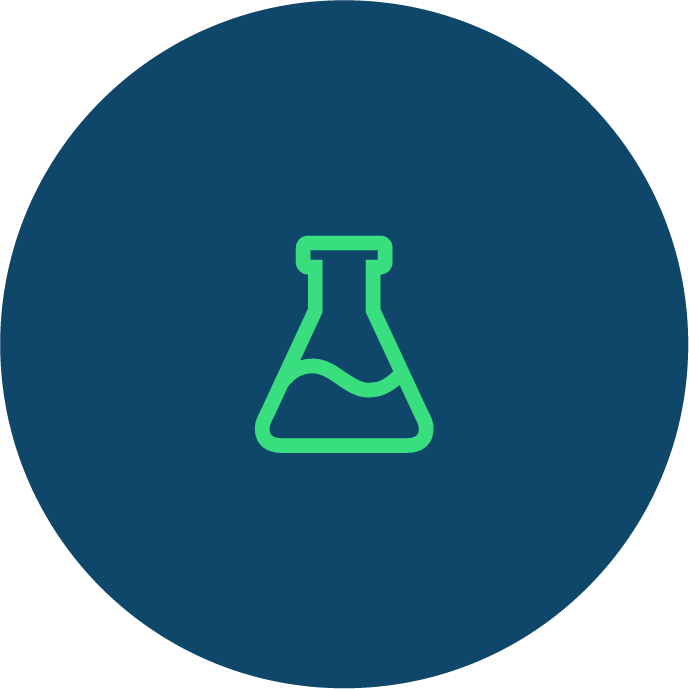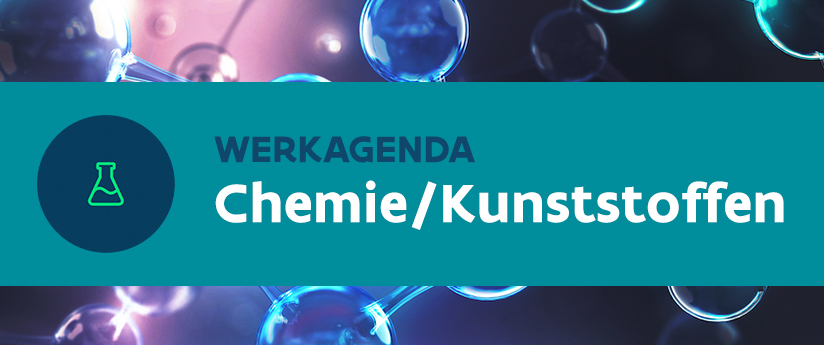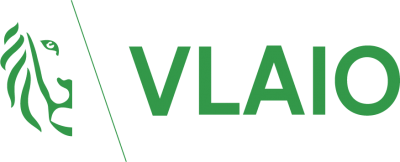Topics
We organise our actions in six thematic & strategic agendas:
Strategic Agendas:
Bio-economy
Circular Construction
Chemicals/Plastics
Manufacturing Industry
Food Chain
Water Cycles
Seven leverages provide additional support:
Leverage effects:
Lever Policy Instruments
Lever Circular Procurement
Lever Communication
Lever Innovation & Entrepreneurship
Lever Financing
Lever Jobs & Skills
Lever Research
What, why and how?
Why are we pursuing a circular economy?
Future visions 2050
How do we see our circular future?
About our management
Who steers what at Flanders Circular?

Our Approach / Strategic Agendas
Chemicals/Plastics

Why
The chemicals and plastics sector provides the building blocks for the circular economy and a sustainable energy transition. But the road is still long. We need to work together on a sustainable future for plastics. Remain committed to the safety of chemicals for people and the environment.
Our country is world champion in chemicals and plastics by per capita turnover. The strong concentration of chemical companies, research institutes and sorting centres also provides our region with a unique opportunity to take the lead in circular chemistry and plastics.
That is why we are investing in the Chemistry/Plastics strategic agenda. The strategic agenda is an opportunity, in the very dynamic playing field of circular chemistry and plastics, to fine-tune the various actions. The strategic agenda can be the glue of a coherent whole, in which we reinforce each other and accelerate the circular transition.
Context of the Flemish chemicals and plastics sector:
A story of assets and opportunities
JOBS
The Flemish chemicals and plastics sector represents a fifth of employment in Belgian industry with 210,000 direct and indirect jobs.
TURNOVER AND ADDED VALUE
With nearly 43 billion euros of turnover, it accounts for about 25% of Belgian industry, and with 15 billion euros accounts for more than a third of Belgian added value.
INNOVATION
At €2.6 billion, it accounts for 2/3rds of R&D investment in Belgian industry.
INVESTMENTS
About €2 billion annually or 21% of investments by Belgian industry.
PRODUCTS & VALUES
95% of products on the European market are linked to chemicals, materials or processes. The chemicals and plastics sector provides high-tech substances, mixtures and materials for almost all value chains.
RECYCLING AND DEPLOYMENT OF RECYCLATE
With a circular materials use rate of 23%, Belgium is doing a lot better than the European average of 12.8%. Plastics are increasingly collected and recycled in Flanders, ranging from 43% for packaging to 28% for electronic appliances or construction waste. Yet this does not yet lead to the desired high level of circular plastics use as only 6% recyclate was used by Belgian plastics processors in 2018.

















